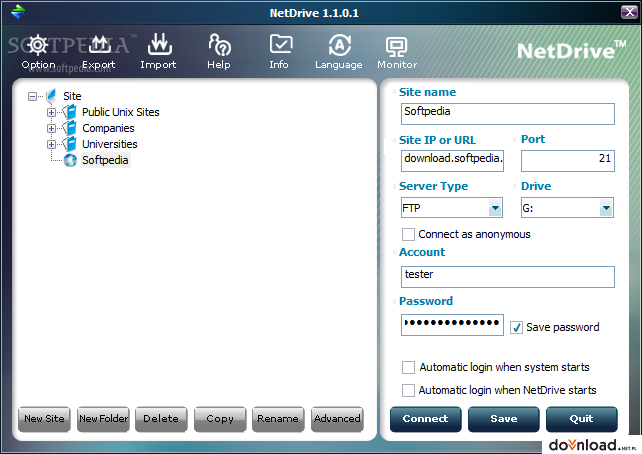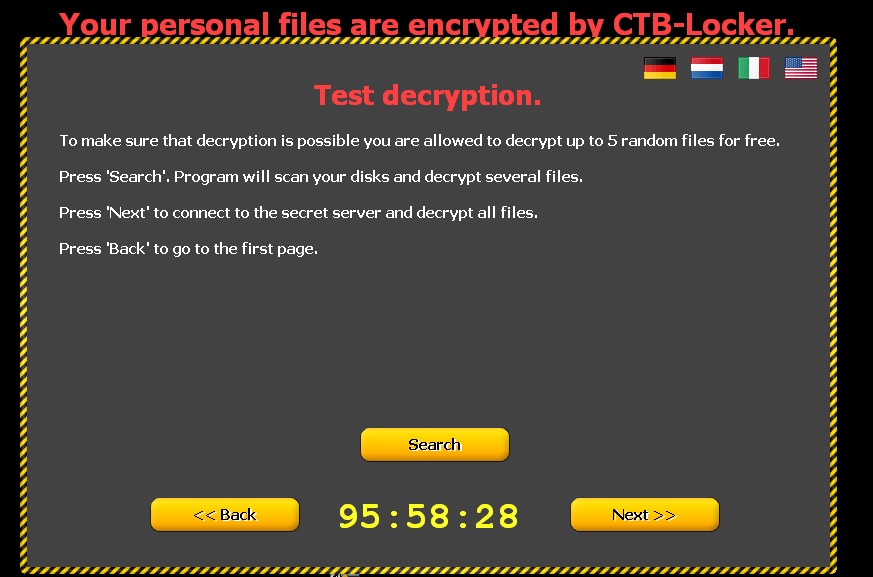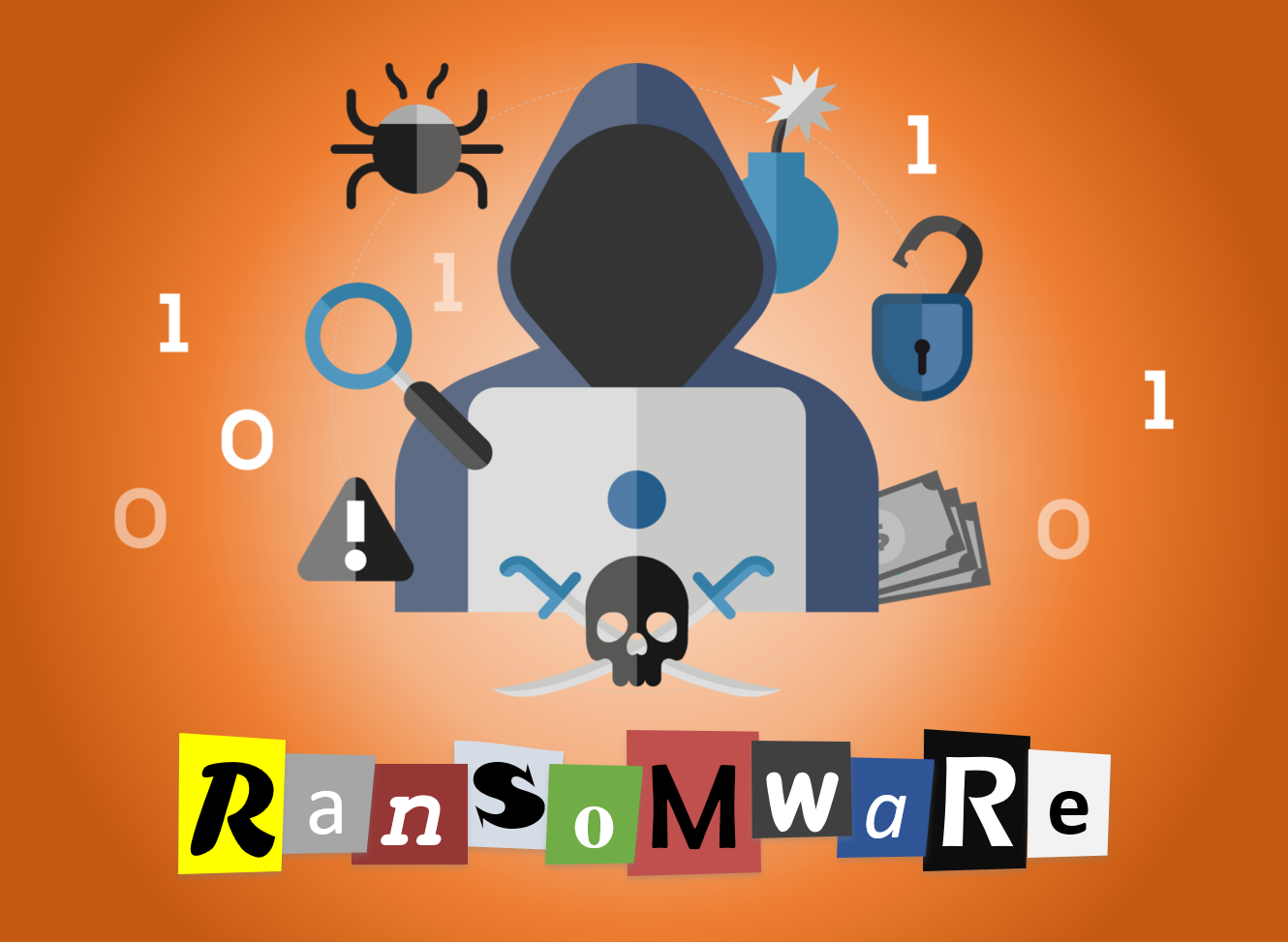

- #Panda ransomware decrypt crypto locker how to
- #Panda ransomware decrypt crypto locker software
- #Panda ransomware decrypt crypto locker free
Therefore you need to determine what ransomware variant encrypted your files by looking at the warning message presented by the ransomware.


Instead, every decryption tool is designed to deal with a particular variant specifically. Firstly, note that no single tool out there can decrypt all types of ransomware variants. If for whatever reason, you still get infected by ransomware, there are several tools you can use to decrypt your files depending on the variant of ransomware you are dealing with.
#Panda ransomware decrypt crypto locker how to
How to Decrypt the Encrypted Files Without Paying Ransom? Provide regular security awareness training to your workforce, and ensure that security best practices such as the principles of least privilege and multi-factor authentication have been implemented across all systems and users. Conduct simulation attacks and penetration tests, and ensure that any existing security holes are patched as soon as possible so that attackers won’t be able to exploit those vulnerabilities. The best option is to focus on preventive measures.
No More Ransom A project by the National High Tech Crime Unit of the Netherlands’ police, Europol’s European Cybercrime Centre, Kaspersky, and McAfee to help ransomware victims retrieve their encrypted data without having to pay the criminals. McAfee Ransomware Recover (Mr2) A framework that supports the decryption of files that various variants of ransomware have encrypted. Quick Heal Ransomware Decryption Tool Can decrypt files encrypted by 17 variants of ransomware. Avast Provides ransomware decryption tools for some of the most popular types of ransomware out there. Trend Micro Ransomware File Decryptor Designed to decrypt files that have been encrypted by 27 families of known ransomware. #Panda ransomware decrypt crypto locker software
Emsisoft One of the top-rated ransomware decryption software that one can have on a Windows PC.
#Panda ransomware decrypt crypto locker free
AVG Provides a range of free ransomware decryption tools that can help decrypt ransomware encrypted files. However, the tools are targeted at specific ransomware infections. Kaspersky Provides several tools you can use to decrypt ransomware encrypted files without paying any ransom. Here’s our list of the eight best Ransomware File Decryptors: So what should you do in situations like this? This is not something anyone should overlook. There are now more than 50 variants of ransomware in circulation, and more are springing up and coming up with new modus operandi, new features, and better encryption. Over the past few years, ransomware attacks have intensified. As is the case with most ransomware attacks, there is no guarantee that attackers will keep to their words if you agree to pay the ransom. If the victim refuses to pay the ransom, they will be permanently denied access to their files. "The master key recovered 92% succeeded in decrypting approximately 72% of the files, the master key restored 96% succeeded in decrypting approximately 82% of the files, and the master key restored 98% succeeded in decrypting approximately 98% of the files," the researchers said.Ransomware attacks traditionally function by infecting targets with malware that denies victims access to their files by encrypting them and then demanding a ransom to unlock or decrypt the files The researchers said that they were able to weaponize the flaw to devise a method to reliably recover more than 95% of the keys employed during encryption. But this technique also makes it possible to guess the keystreams and restore the master key, in turn enabling the decode of encrypted files sans the attacker's private key. The encryption keystream, which is created from an XOR operation of the two keystreams, is then XORed with the data in alternate blocks to generate the encrypted file. "Two keystreams are created by selecting two random offsets from the master key and extracting 0x100000 bytes (1MiB) and 0x400 bytes (1KiB) from the selected offset, respectively." "For each file encryption process, two keystreams from the master key are needed," the researchers explained.







 0 kommentar(er)
0 kommentar(er)
